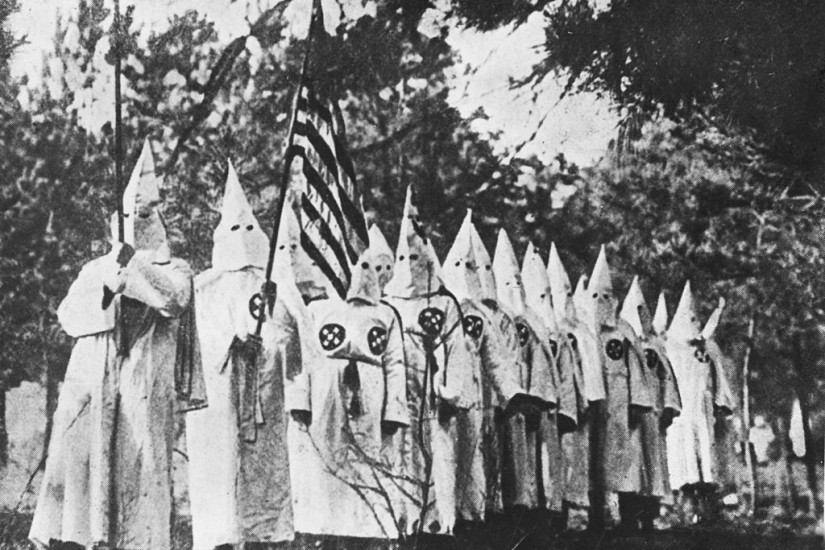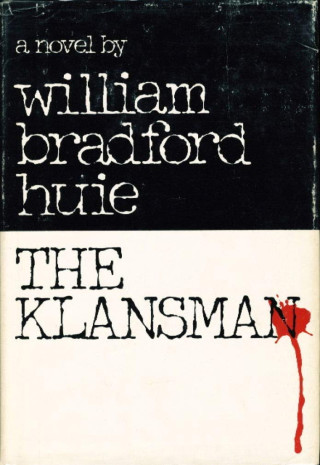While Mississippi was the main focus of some of his earliest writing projects, Huie turned his attention to Alabama in The Klansman, in which he developed a fictive character closely resembling himself. The confirmation of Jeff Sessions as the nation’s attorney general is now linked to “the Alabamafication of America,” a reason that it is valuable to remember Huie as a native Alabamian, who stood at the vanguard in supporting and advancing black civil rights.3 The Klansman is a work of continuing significance for providing a counternarrative to the all too familiar example of white racism in Alabama. It does so through the visionary antiracist agenda of its main protagonist, Breck Stancill, the last remnant of a wealthy cotton farming dynasty, who uses his wealth to help impoverished blacks in the fictive Ellenton, and gives them retreat on his mountain. The novel is radical in part because it offers this insurgent model of white Southern masculinity. Stancill, like the author who created him, commits his life and wealth to the fight against racism. Huie’s ongoing commitment to progressive activism made him a “race traitor” to white supremacy by default. As the book’s original jacket notes, “It is a novel that only a Southerner living in the South and long familiar with the workings of the Klan could have written.” Indeed, the nature of Huie’s work made him a pariah and target of threats by organizations such as the KKK. He and his family were routinely terrorized by cross-burnings at their home.
Huie’s The Klansman, which was the basis of a 1974 film of the same name, also makes valuable contributions by underscoring the susceptibility of people with low levels of literacy and education to reactionary racial propaganda and by suggesting that, in some cases, such indoctrination leads them to commit violent acts. Huie’s character Deputy Elmer “Butt Cut” Cates, who is obsessed with the Klan and posts their fliers around town, can barely read and write; there is a direct link between his lack in literacy and his susceptibility to the propaganda that the group circulates. He defies Big Track, the sheriff for whom he works, and ultimately orchestrates the rape of Loretta Sykes. His illiteracy makes him more vulnerable to internalizing racist propaganda than he might otherwise have been. Huie’s novel, though fictional, bears a kernel of truth about the past, and a warning about the present: hateful rhetoric and propaganda like Trump’s may have—in fact, already have—helped reignite interest in and support for groups—such as the KKK—that are historically linked to racial terrorism, hate, and violence.

